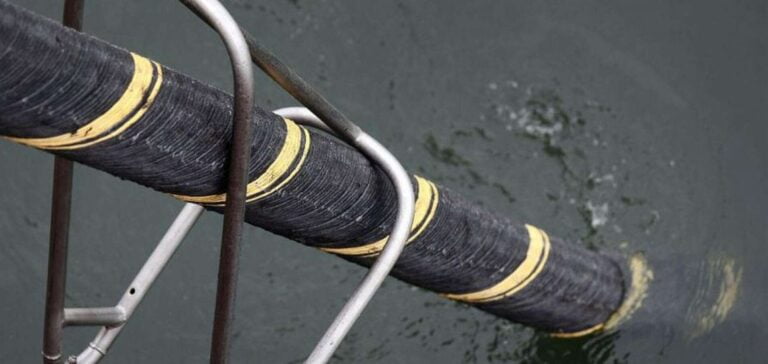The Danish island of Bornholm, near the alleged sabotage of the Nord Stream gas pipelines in the Baltic Sea, was affected Monday morning by a general power cut, it was learned
with the operator.
The Danish high-voltage grid operator Energinet believes that the origin of the failure is the underwater power cable connecting the island of 40,000 inhabitants to the mainland, but the exact cause has not yet been identified with certainty.
“There is a supply failure and Bornholm has been without electricity since 07:50 (05:50 GMT),” an Energinet spokeswoman told AFP. “We think it may be coming from the (submarine) cable, but it may very well be coming from somewhere else in the system,” she said.
Power should be restored on the island by midday thanks to local production facilities.
The incident comes two weeks after the discovery in the east of the island of four huge leaks in the two Nord Stream gas pipelines linking Russia to Germany, caused according to investigators by underwater detonations and a very likely sabotage.
Russia, to which all eyes have turned, rejects any responsibility and accuses the West, which denounces a “sabotage”.
Since the leaks, Denmark had raised the security around its energy infrastructure a notch.
Last week, Danish police also announced that they had received reports of unauthorized drone flights near gas fields in the North Sea, following similar incidents on the Norwegian side.






















